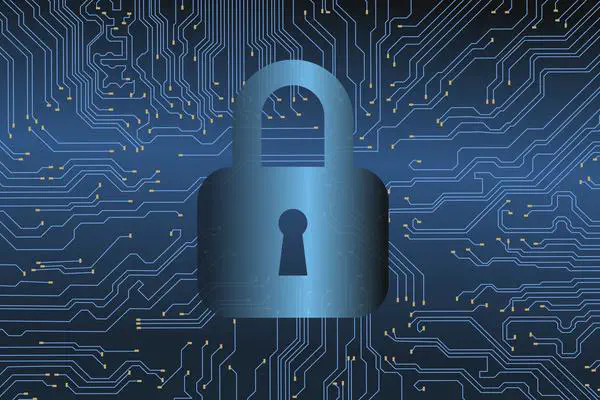Quantum Impact on Societal Security (QISS)

As the potential risks and consequences of cybersecurity breaches by future quantum computers are devastating, there is an urgent need to prepare for a transition to quantum-safe cryptography.
Addressing the many complexities of this transition requires a multidisciplinary collaboration of scientists, financial and governmental institutions, and civil society groups. The Quantum Impact on Societal Security consortium will analyse the ethical, legal and societal impact of this upcoming society-wide transition. The consortium’s objective is to contribute to the creation of a Dutch ecosystem where quantum-safe cryptography can thrive, and mobilize this ecosystem to align technological applications with ethical, legal, and social values. Quantum Impact on Societal Security aimss to create wide public awareness and use citizen feedback to develop responsible policies and regulations. The project’s ambition is to be a game-changer by incentivising key economic and societal advantages of adoption of responsible quantum-safe cryptography early on and by galvanizing policymakers into action, so that the Netherlands will gain a leading role in setting the international agenda for quantum-safe cryptography for society.
Quantum Impact on Societal Security has four scientific aims: First, to identify technical and societal requirements on innovation policies for quantum-safe cryptography: which enables an interactive approach to responsible innovation, in real time as the technology develops. Second, to understand the dynamics of knowledge in research and innovation ecosystems. Third, to draft novel innovation policies that satisfy the societal requirements for the financial and government sectors, clarifying their legal underpinning. Fourth, to link the development of new cryptographic standards to the subsequent stakeholder dynamics and its geopolitical consequences.
This project runs from 2023 to 2027.